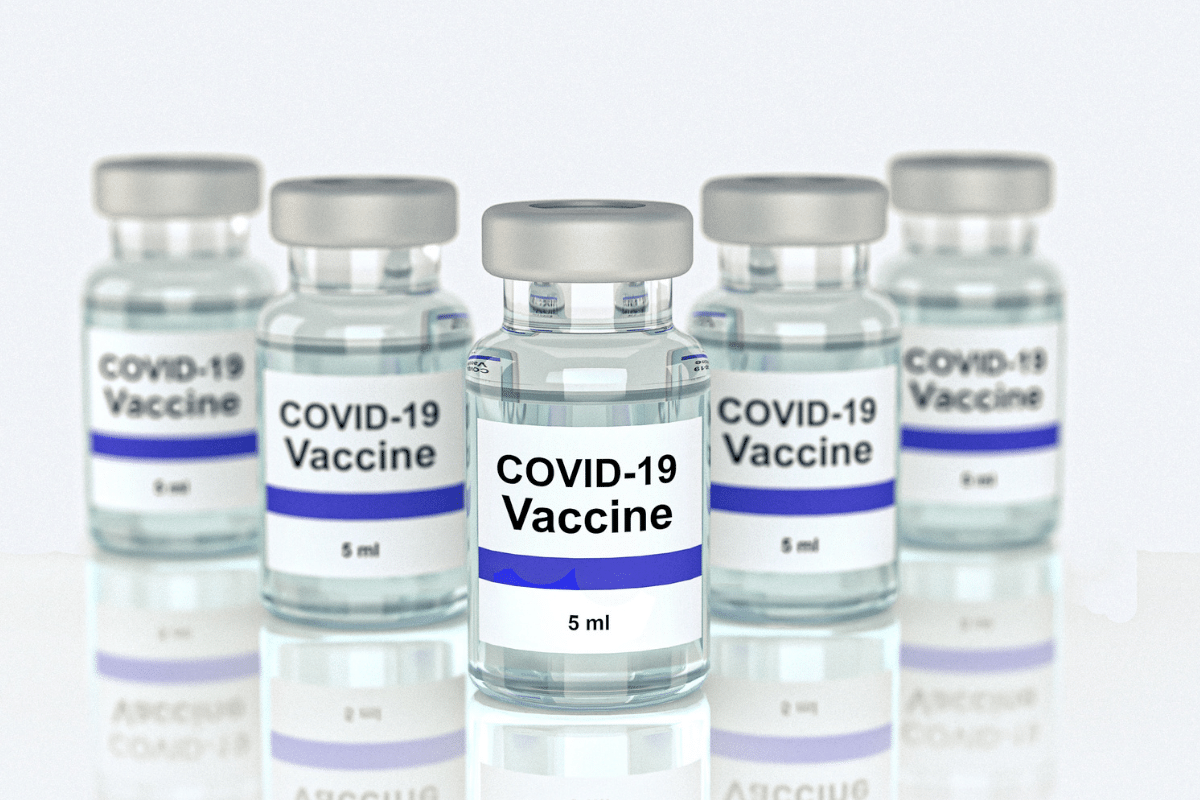Top Stories
Vaccine Hesitancy and the Paradox of Choice
While all the major vaccines have been deemed safe and effective, they are increasingly talked about as though they are different.

A recent survey revealed that 29 percent of Australians said they were not likely to get a COVID vaccine. Even as a new outbreak had emerged in Melbourne, vaccination hubs were not being utilised anywhere near their capacity. Vaccine hesitancy appears to be the latest COVID related challenge for health authorities in Australia.
Since several vaccines from major biotechnology companies have been approved for public use, media began reporting about the various brands: Pfizer, AstraZeneca, Moderna, and others. The federal government frequently discusses which vaccines they have procured supplies of, and which vaccines they have secured deals to procure in the future. Federal Health Minister Greg Hunt recently told the public that if they were hesitant about getting the AstraZeneca vaccine, the Pfizer and Moderna would be available down the track.
One of the underlying messages to the public is that, when it comes to getting a COVID vaccine, we have choices. The assumption appears to be that it’s better to give people more choices than less. Instead of having just one generic vaccine available, we have several products for people to choose from. It’s assumed that those who might be hesitant about a particular brand of vaccine will simply choose an alternative.
But is it really true that more choice will lead to better outcomes?
Most of us value the right to choose in many parts of life. Giving people choices about what food they eat, what clothes they wear, or what smartphone they buy, is widely assumed to be beneficial.
But what are the effects of having to make a choice about everything?
The “paradox of choice”—a phenomenon observed by psychologist Barry Schwartz—suggests that giving people more choice can also reduce their wellbeing. Increased choice can lead to hesitancy, where people may postpone or neglect to make a choice, in part because they don’t want to make the wrong choice. Too much choice, in Schwartz’s view, can produce paralysis rather than liberation. When we don’t have all the knowledge or skills required to be able to make an informed decision, choices can be difficult to make. In situations where a choice appears particularly consequential, having to make a choice may be more of a burden than a benefit.

Throughout most of 2020, public discussion about solutions to COVID-19 focused primarily on “the vaccine”—singular. Almost no-one had given a thought to which brand of vaccine they would get when they became available. However, once vaccines were approved for public use, people began to differentiate between the various brands, much as we do for other consumer products and services. While all the major vaccines have been deemed safe and effective, they are increasingly talked about as though they are different.
Some vaccines were reported as having slightly higher reported efficacy than others. A small number of health complications associated with recipients of the AstraZeneca vaccine compounded the sentiment that it was an inferior product for some groups. A vaccine hierarchy has begun to emerge in the eyes of some parts of the community. For some people, the questions around getting vaccinated have become questions of consumer choice: “Which vaccine should I get? Should I settle for the AstraZeneca? Or should I wait for the Pfizer or Moderna?”
The vaccine hesitancy we are seeing may be partly an inevitable outcome of making vaccination seem like a consumer choice, rather than just another essential medical service. Most people wouldn’t be able to tell you what brand of flu vaccine they had received in the past, nor the brand of many other medical treatments they’ve used.
Few of us have the necessary understanding of the science of vaccines and immunology to be in a position to make a thoroughly informed choice about which vaccine we should get. For most medical treatments, including other vaccines, we rely on health authorities with the relevant expertise to administer treatments that are safe and effective. By requiring people to make a choice about which COVID vaccine they should receive, we also create a situation in which people could see themselves as potentially making the wrong choice. The paradox of choice suggests that this will make some people more anxious and hesitant than if they weren’t burdened with the choice in the first place.
As Australian health broadcaster Norman Swan has acknowledged, reporting minor differences between the different vaccines may contribute to uncertainty about the vaccine. Media need to ensure that certain vaccines are not presented as inferior to others if it’s not necessary to do so. Framing vaccination as a basic health service, rather than a choice between different branded vaccines, could reduce the burden of choice felt by those experiencing vaccine hesitancy.
Andrew Glover is a sociologist. Follow him at @theandrewglover.






